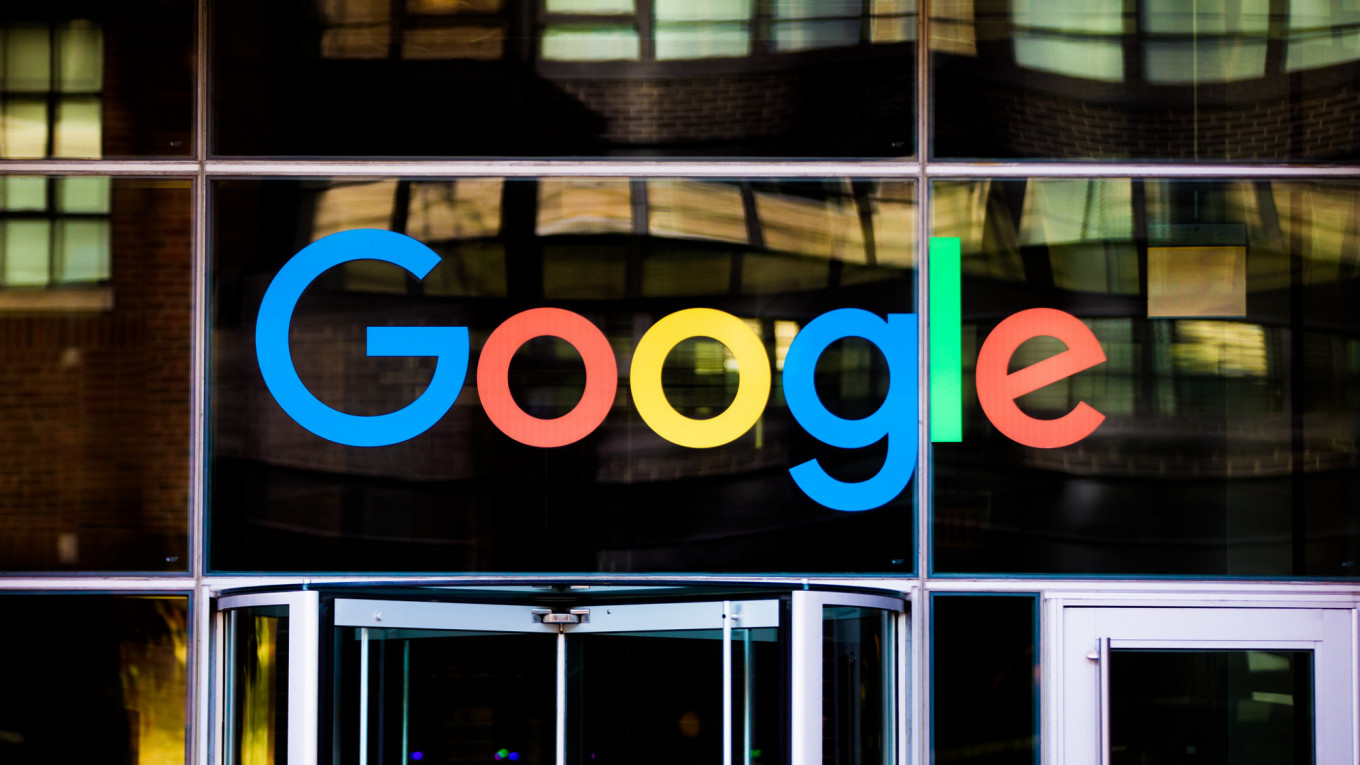The Russian government is stepping-up its plans to introduce new taxes on tech giants like Facebook, Apple and Google.
The government’s draft budget plan, published this week by the Finance Ministry, highlights “significant shortcomings in the principles of how digital companies are taxed [which] lead to the fact that the effective rate of tax paid by such companies is significantly less than for firms in other industries.”
Like many countries, Russia has long been concerned with the tax structures of multinational tech companies that allow them to book a significant portion of global profits in low-tax jurisdictions like Ireland and reduce their corporation tax bill. The corporate tax rate is 12.5% in Ireland, compared to 20% in Russia.
Russia already introduced new laws in 2017 forcing foreign companies to charge Russian value-added tax (VAT) on digital services sold to Russian customers. This was expanded at the beginning of 2019 to include business clients — meaning Russian businesses buying adverts on Facebook and Google had to start paying VAT of 20%.
The timing and details of the next proposals, which are expected to target corporation tax, have not been “worked out” according to government sources quoted by RBC.
"Currently it is just at the level of an idea," KPMG partner Ilarion Lemetyuynen told The Moscow Times.
"The tax authorities know that the current system doesn’t cover tech companies, they see the measures in the EU, and they believe they need to pay more attention to it, and potentially implement the same legislation in Russia."
Russia would follow the likes of France and Britain in introducing a new national tax on digital companies, as governments have grown tired of waiting for international efforts led by the Organisation for Cooperation and Development’s (OECD) so-called “base erosion and profit shifting” (BEPS) initiative to provide an international solution. The OECD has pledged to come up with an answer on how to tax multinational tech companies by the end of 2020.
France, however, introduced a digital tax this year which charges 3% on the gross revenues made by tech companies from customers and companies based in France, which is expected to collect around €500 million.
Google boss Sundar Pichai recently criticised countries for acting on their own to levy such taxes. Speaking about Britain’s plans to introduce a similar tax, he told The Telegraph: “If there are unilateral actions… I just think it's not sustainable.”
“To me it's a multilateral trade issue which countries have to resolve and guide multinational companies. If the OECD arrives at the new framework and it's consistent for everyone we would gladly comply and that's our role as a company, participating in society.”
A Message from The Moscow Times:
Dear readers,
We are facing unprecedented challenges. Russia's Prosecutor General's Office has designated The Moscow Times as an "undesirable" organization, criminalizing our work and putting our staff at risk of prosecution. This follows our earlier unjust labeling as a "foreign agent."
These actions are direct attempts to silence independent journalism in Russia. The authorities claim our work "discredits the decisions of the Russian leadership." We see things differently: we strive to provide accurate, unbiased reporting on Russia.
We, the journalists of The Moscow Times, refuse to be silenced. But to continue our work, we need your help.
Your support, no matter how small, makes a world of difference. If you can, please support us monthly starting from just $2. It's quick to set up, and every contribution makes a significant impact.
By supporting The Moscow Times, you're defending open, independent journalism in the face of repression. Thank you for standing with us.
Remind me later.






